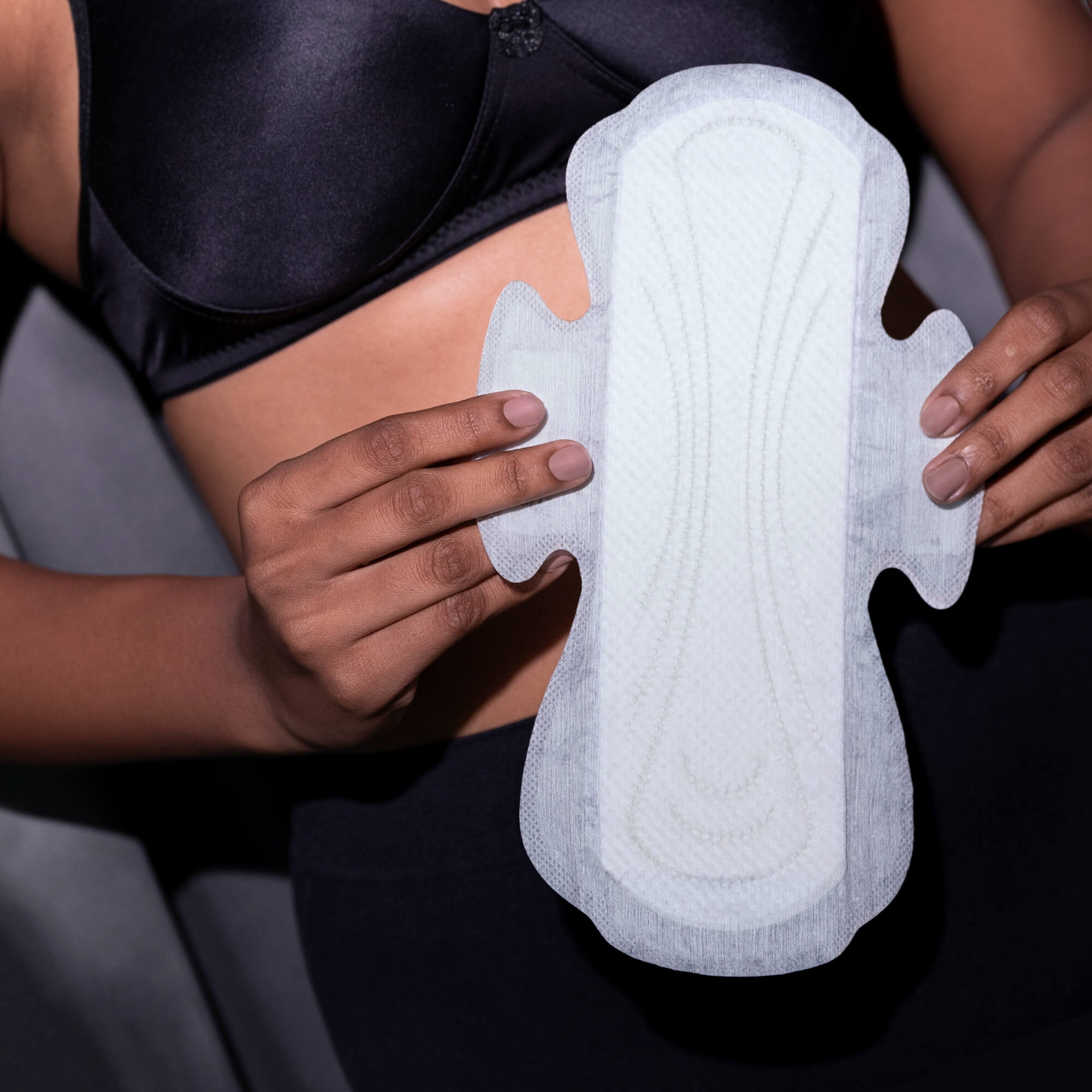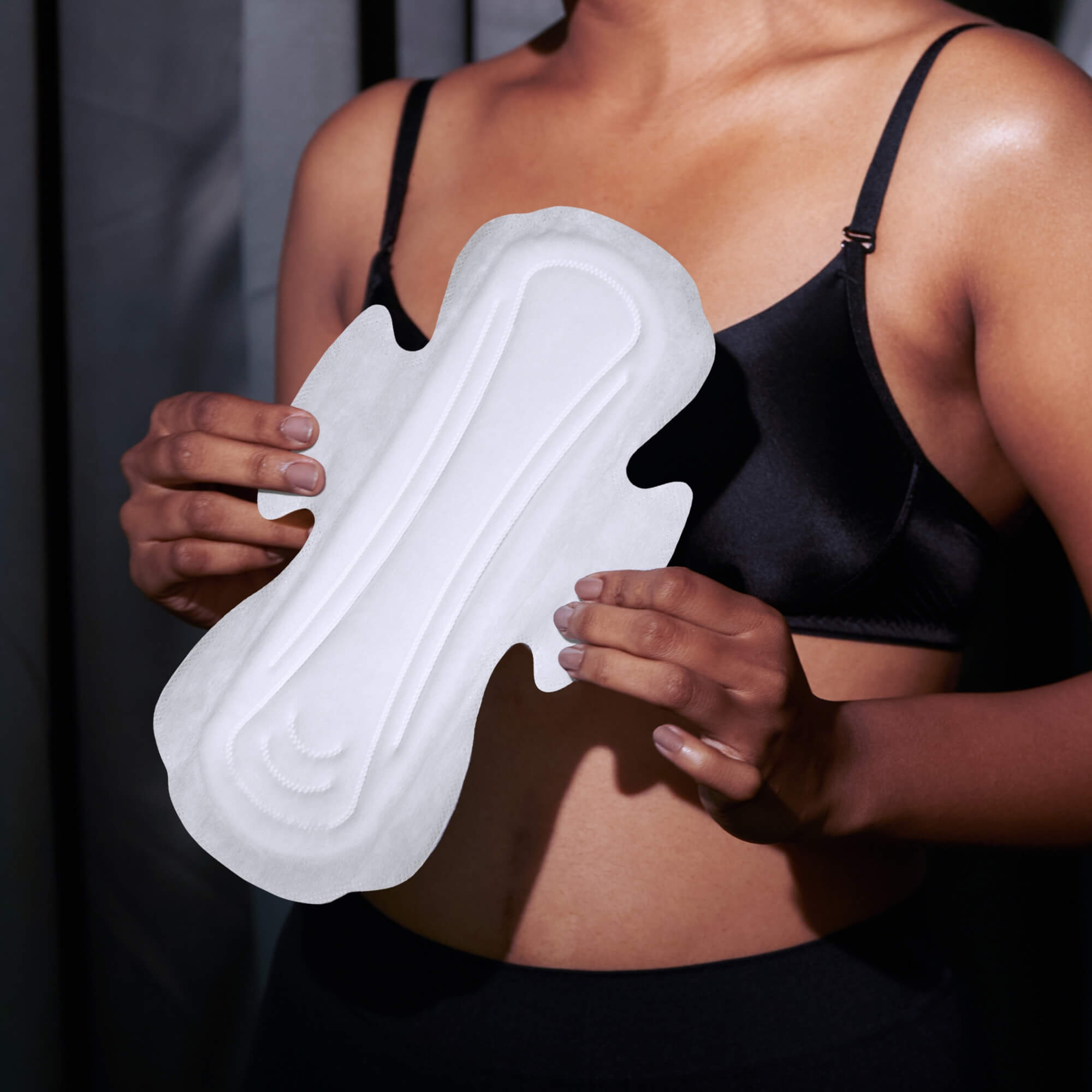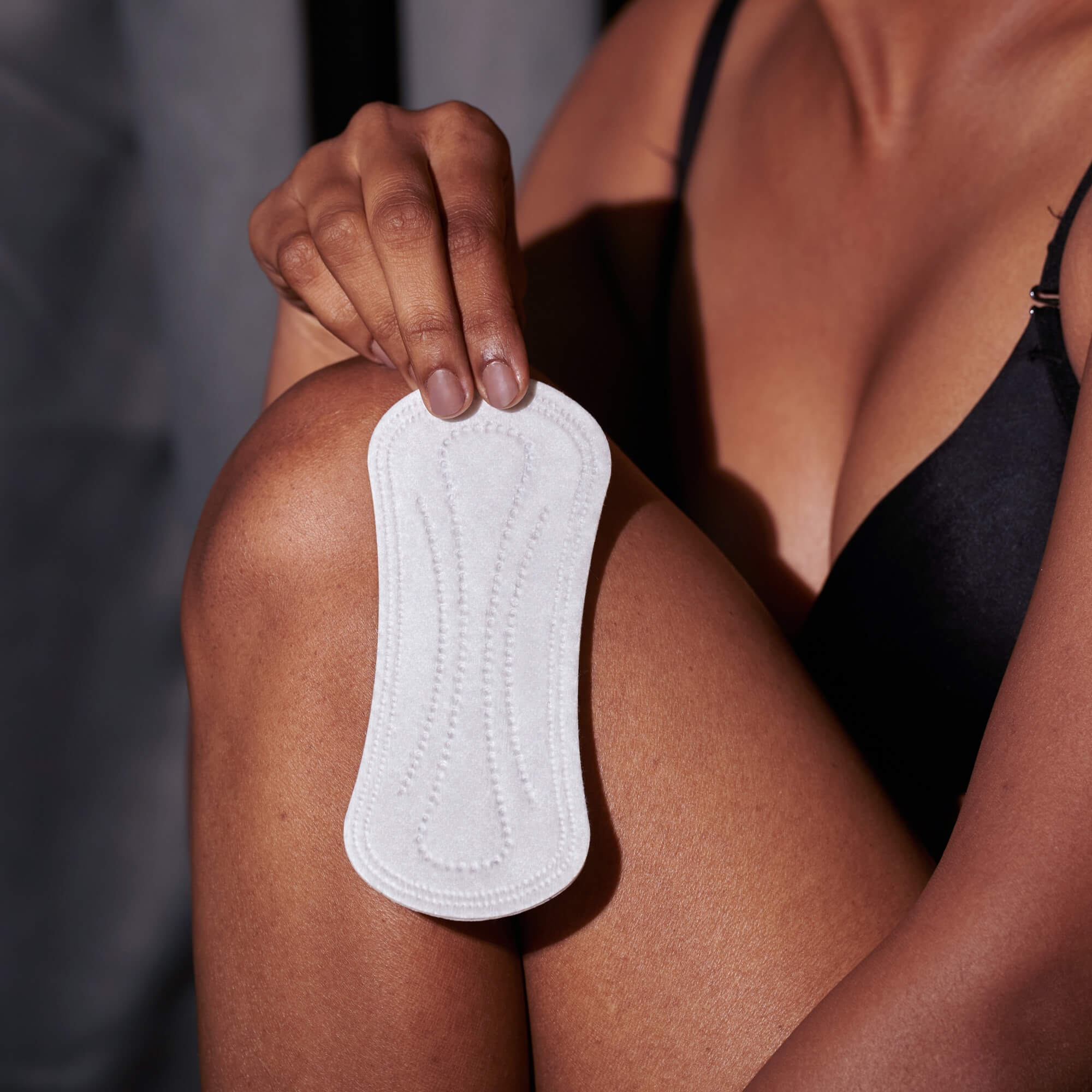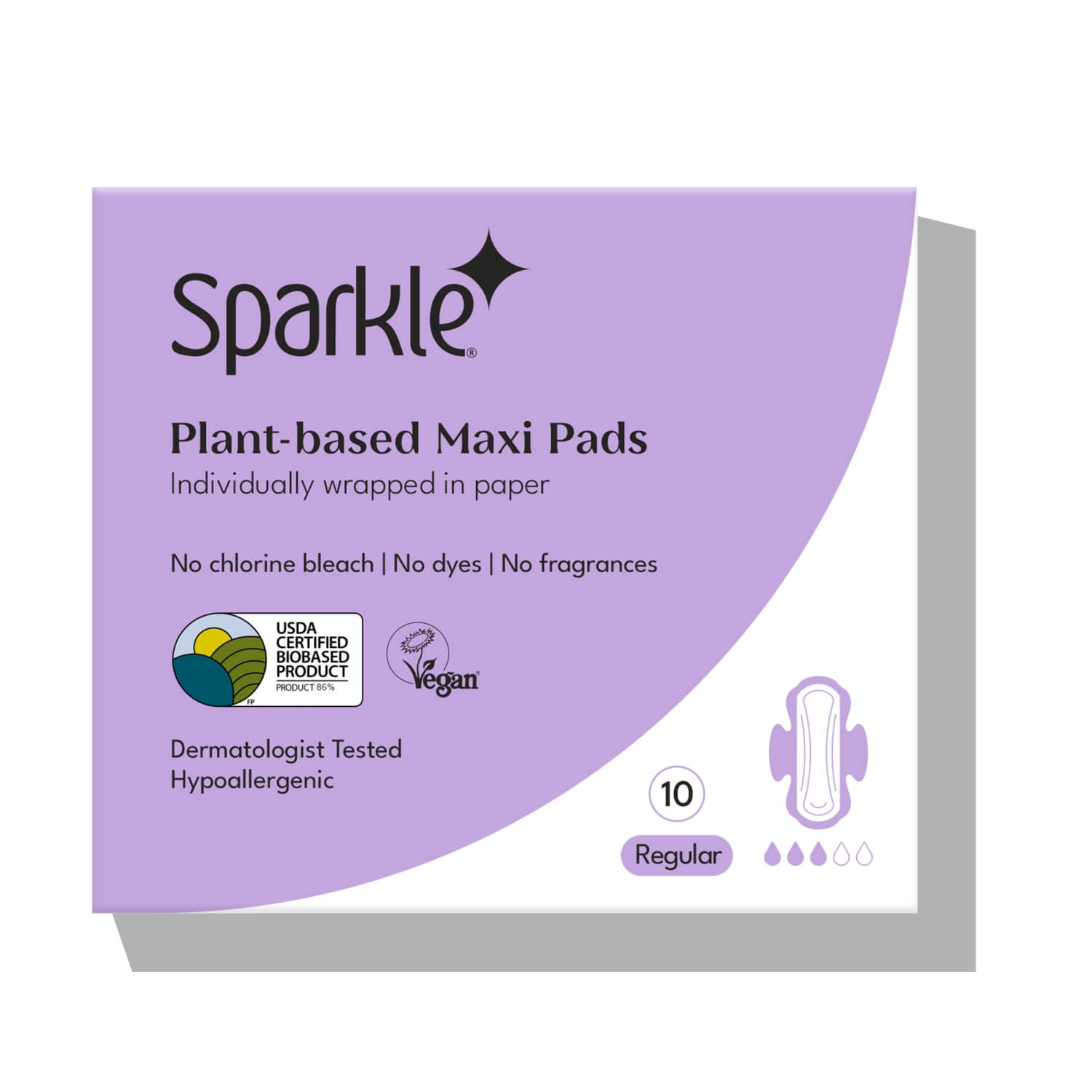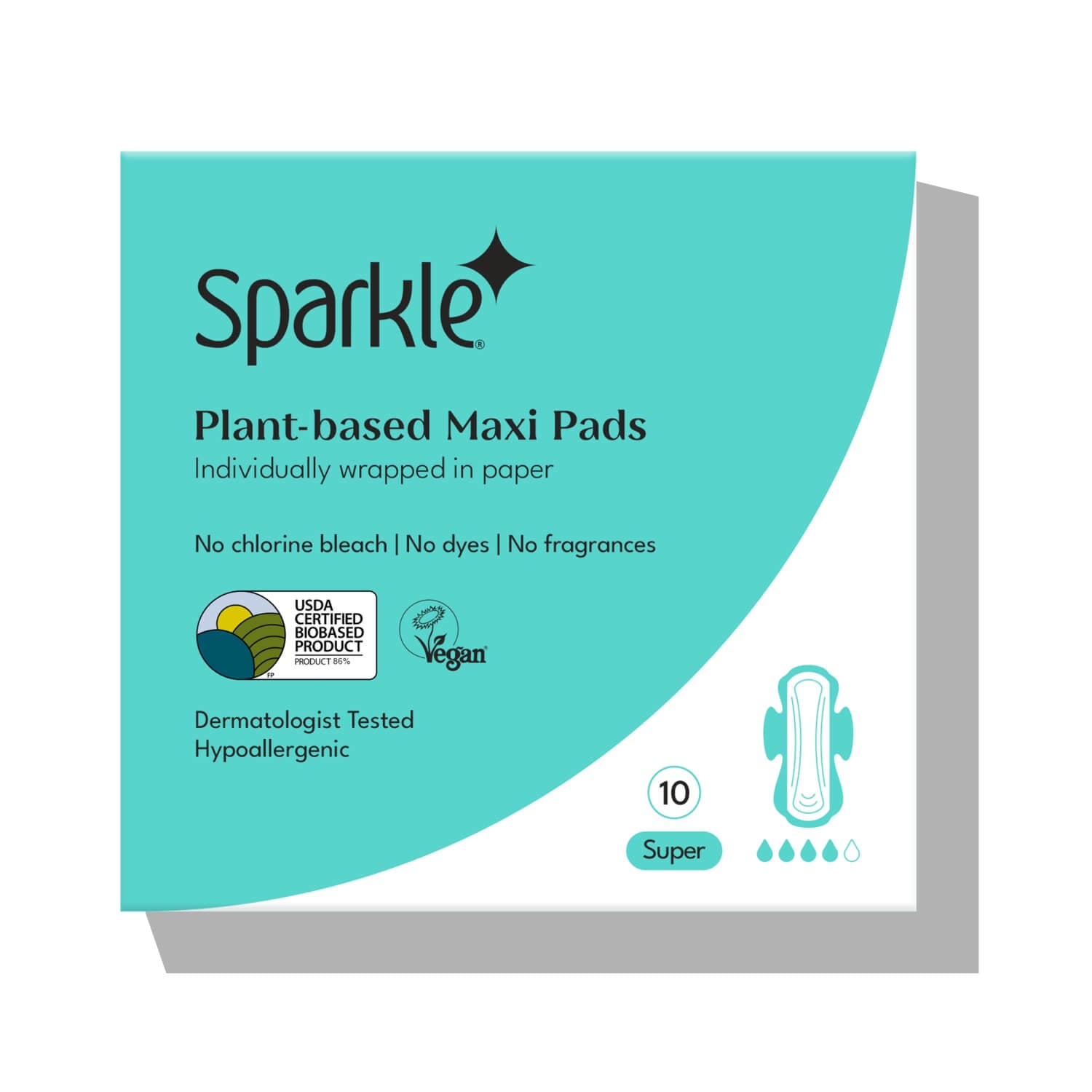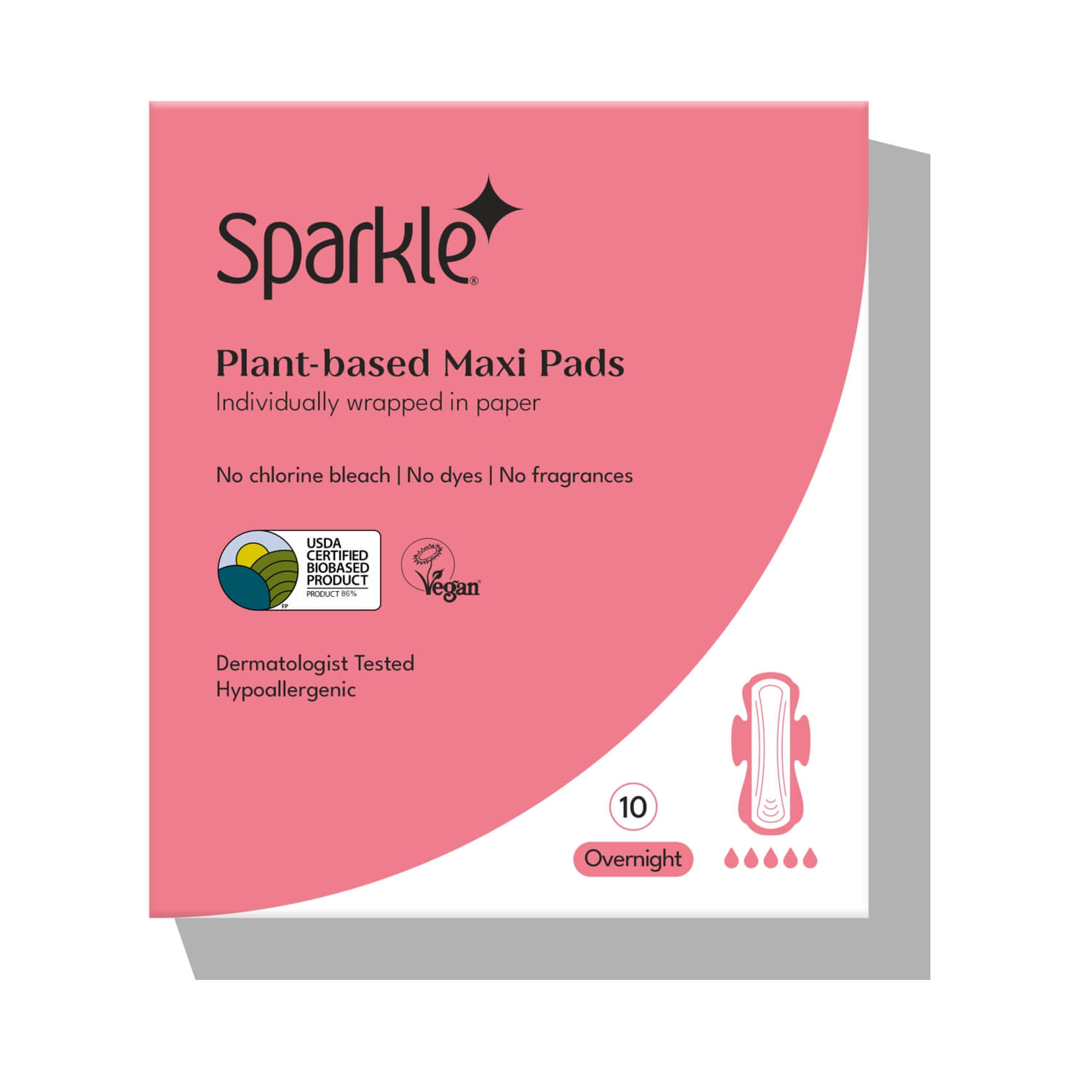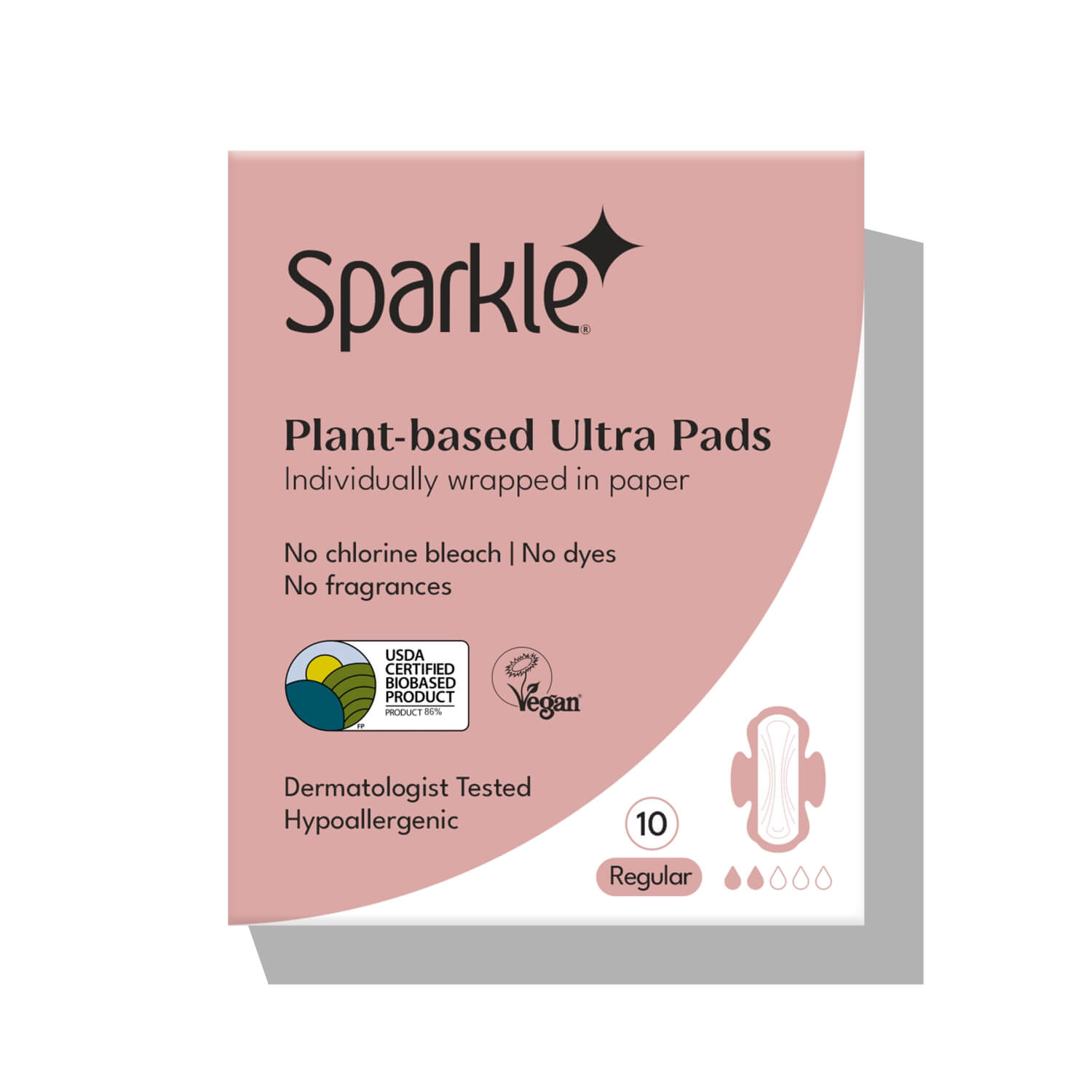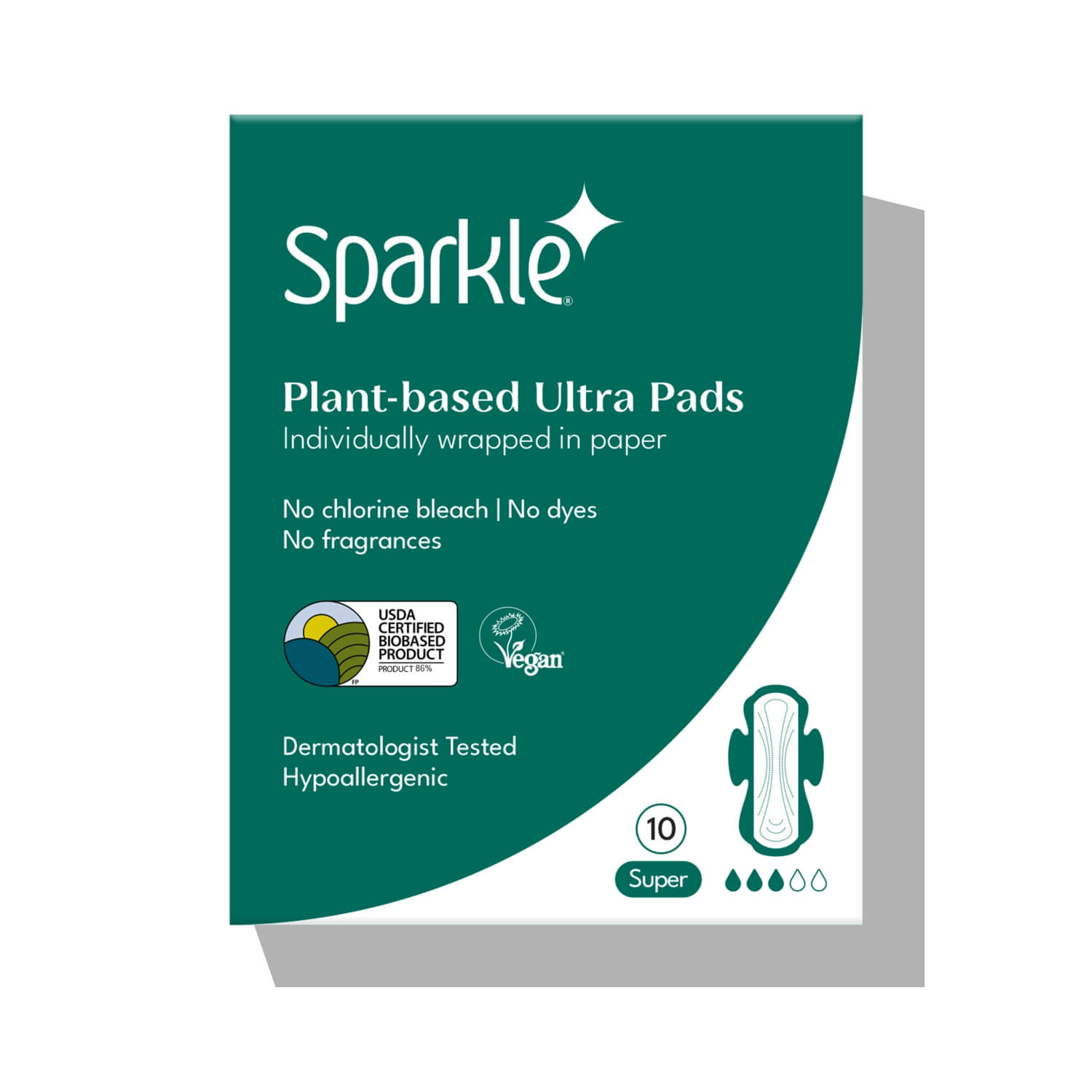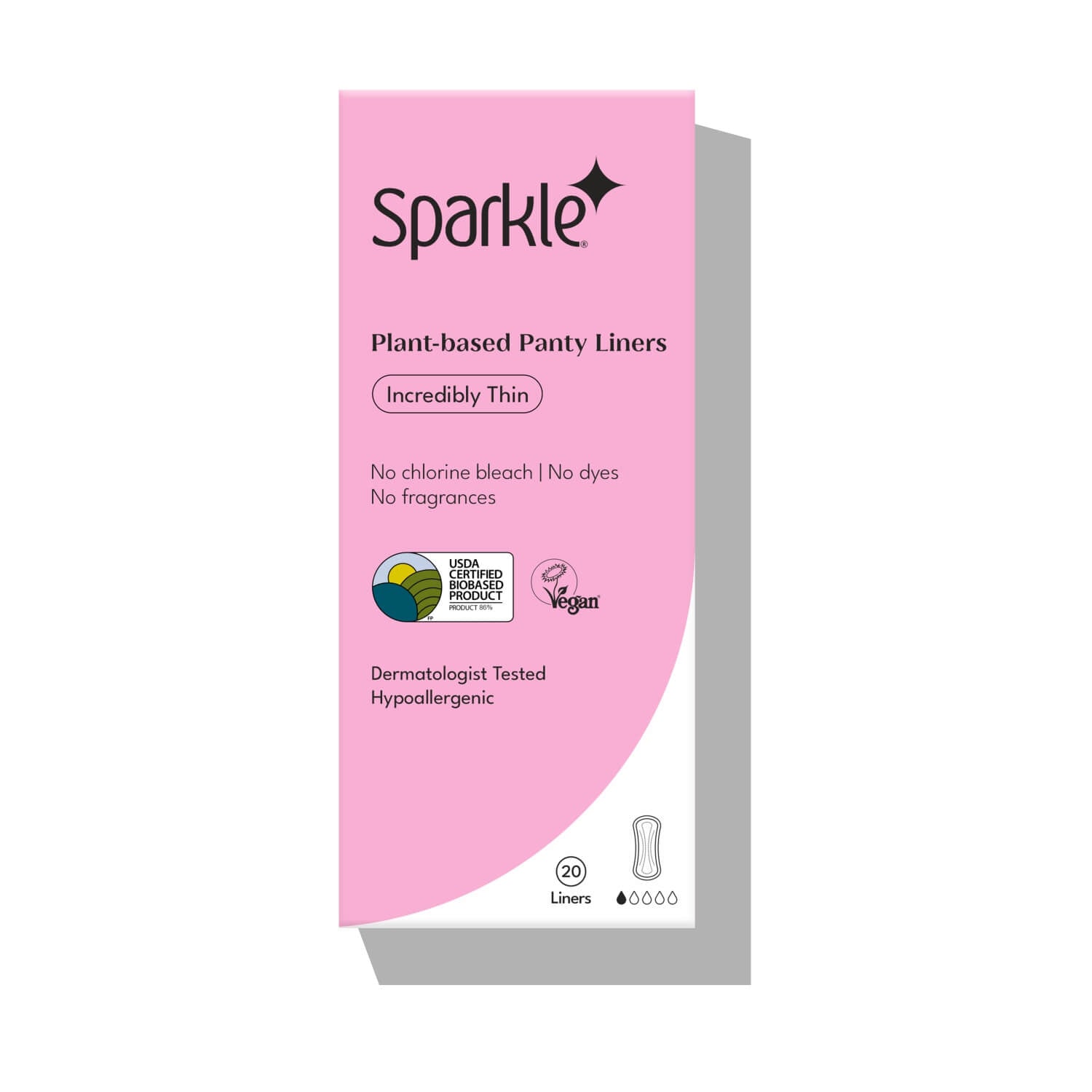Sparkle's Journey

2026
Sparkle products are launched at Thrive Market and MOM's Organic Market.
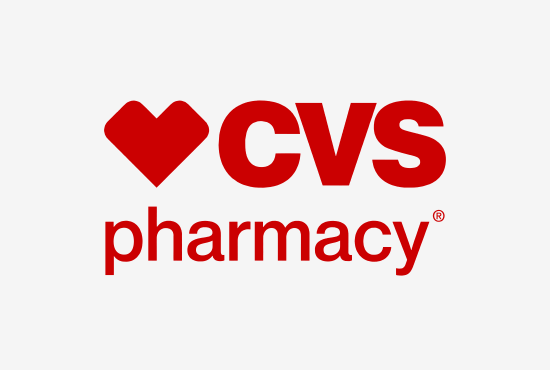
2025
Sparkle products are launched at around 2000 CVS stores nationwide in the US.
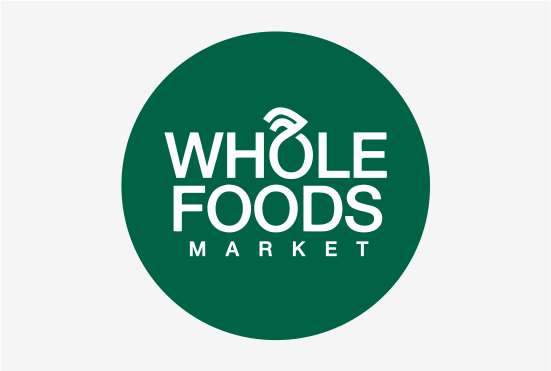
2024
Sparkle products are launched at 491 Whole Foods stores nationwide in the US.
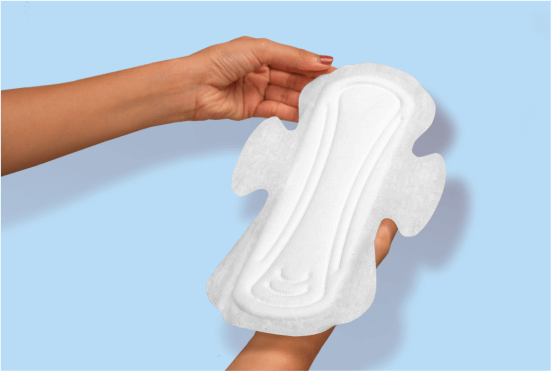
2023
Sparkle products are launched in the US.
Sparkle wins a number of prestigious awards.
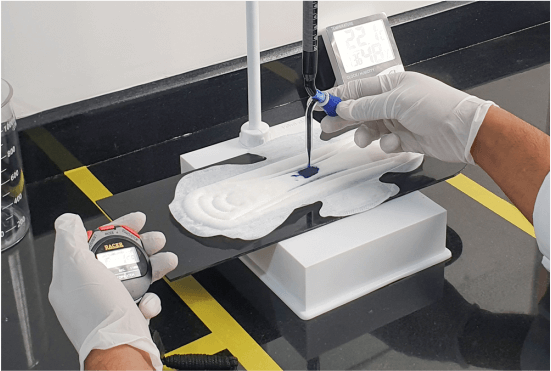
2022
The Sparkle R&D Center was established to develop sustainable and innovative ingredients, as well as to focus on their responsible disposal.
Sparkle products are launched in India.
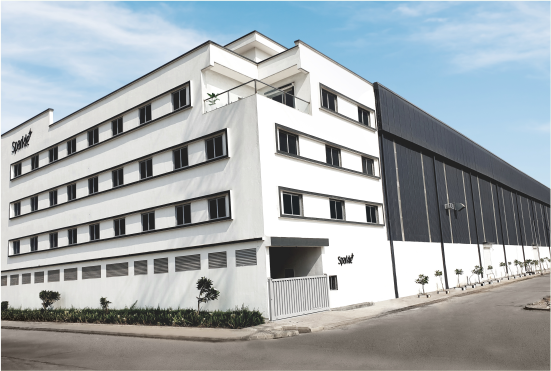
2021
Sparkle's first 50,000 square feet factory was built with the production capacity of over 1 million sanitary pads per day.
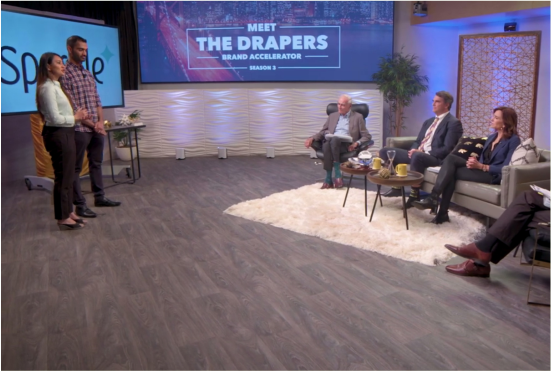
2020
Sparkle was selected as one of 27 startups to be a part of the US TV show, ‘Meet The Drapers’ in Season 3.
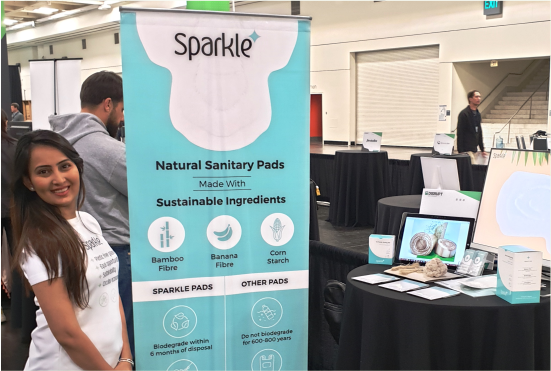
2019
Sparkle got selected as a ‘TechCrunch Top Pick’ in the 'Health Category' at TC Disrupt 2019, San Francisco, USA.
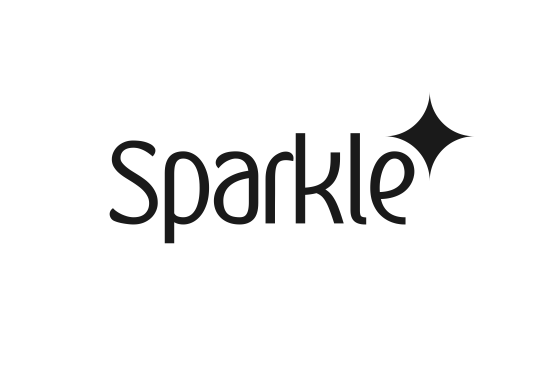
2018
Hetal and Chirag co-founded Sparkle to develop sustainable, plant-based period products that are good for the body and the planet.
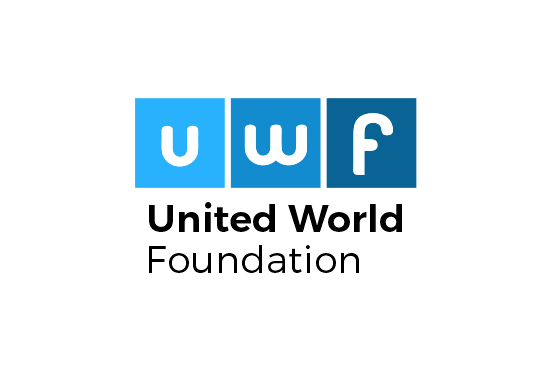
2017
Hetal and Chirag co-founded the United World Foundation to donate period products to people in need.
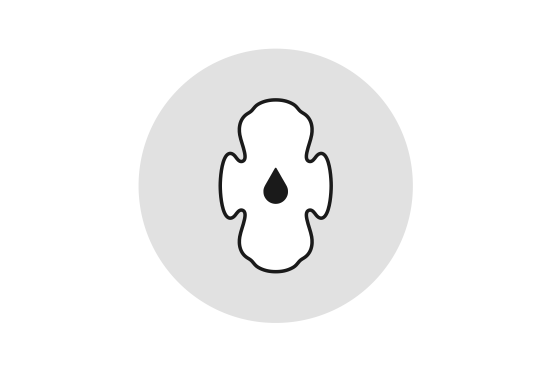
2011
Hetal faced health-related issues while using conventional pads.
Chirag learnt about socio-economic issues related to menstruation while working with different NGOs in Kenya, Tanzania, Vietnam, South Africa, and India.

2009
In high school, Hetal experienced stigma surrounding menstruation.
Chirag started an ‘Eco Club’ at his school to introduce recycling initiatives.
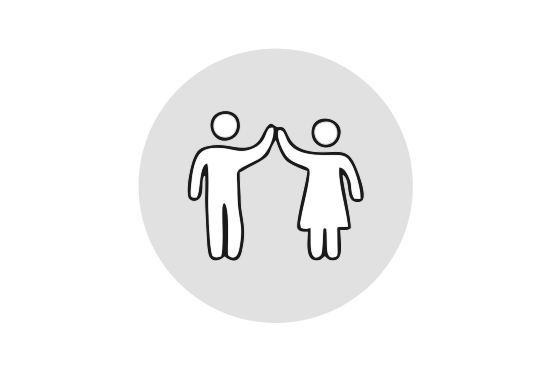
1990
Hetal and Chirag met each other in kindergarten when they were 5 years old.
2025


2024


2023


2022

The Sparkle R&D Center was established to develop sustainable and innovative ingredients, as well as to focus on their responsible disposal.

2021

- Fully automatic Italian sanitary pad production line
- Production capacity of over 1 million sustainable sanitary pads per day
- 50,000 square feet manufacturing facility
- Customized production line that can process sustainable ingredients
2020

Sparkle got selected as one of the top 27 start-ups to be a part of the ‘Meet The Drapers’ TV show.
On the show, Hetal and Chirag pitched Sparkle to Tim Draper, the early investor in more than 30 unicorns (including Tesla, Skype, Bitcoin, and SpaceX), as well as Bill Draper, Polly Draper, and a VIP guest judge.
2019

Sparkle's first successful prototype was selected as a 'TechCrunch Top Pick' in the 'Health + Biotech' Category at 'TechCrunch Disrupt' 2019, San Francisco, USA.
Hetal and Chirag pitched their idea on the showcase stage in front of hundreds of people and interacted with a number of investors, startups and prominent media members.
During the TC Disrupt event, one of the team members on 'Meet The Drapers', encouraged the co-founders to try out for the Silicon Valley TV show, where the Draper family (on their hunt for the next billion dollar idea) would meet with innovative entrepreneurs.
2018

| Our “lab” | 10 ft x 10 ft room in our basement |
|---|---|
| Our fiber cutting tool | Regular scissors |
| Our pulping reactor | Pressure cooker |
| Our pulp drying apparatus | Baking oven |
| Our defiberization hammer mill | Kitchen mixer grinder |
| Our absorbent core formation device | Homemade rectangular dye |
| Final pad assembly unit | Paper lamination machine |
| First user trial/pad performance testing | Co-founder used and tested the first pad |
2017

Hetal and Chirag started an NGO, United World Foundation, to donate sanitary pads to people in need.
When they were distributing conventional pads, they realized that a typical pad contained up to 90% plastic and would not biodegrade for around 500-600 years after disposal.
That's when they started to explore sustainable alternatives to conventional sanitary pads.
2011
Chirag
Chirag learnt about socio-economic issues related to menstruation while working with different NGOs.

Hetal
Hetal wanted to break the social and cultural stigma surrounding menstruation.
“How can we expect young teenagers to freely discuss their problems with menstrual hygiene management when they hesitantly lower their voices at the mere mention of the words, ‘period’ or ‘pad’?”
- Hetal Virani
2011
Chirag
Chirag learnt about socio-economic issues related to periods while working with different NGOs.
- Chirag participated in different outreach programs which included medical camps, HIV counseling, teaching, and feeding programs in Kenya, Tanzania, Vietnam, South Africa, and India.
- He witnessed many young menstruators missing school or work simply because they did not have access to sanitary napkins. In fact, they used unhygienic rags, papers, or ash to manage their periods.
Hetal
Hetal started exploring plastic-free and chemical-free alternatives to conventional pads.
- As a regular user of sanitary pads for many years, Hetal constantly experienced skin issues and discomfort while using pads from conventional brands.
- After doing some research, she realized that artificial fragrances, plastic components, and other chemicals present in the pads could have been the main reasons behind her constant skin irritation issues and allergies.
2009
Chirag
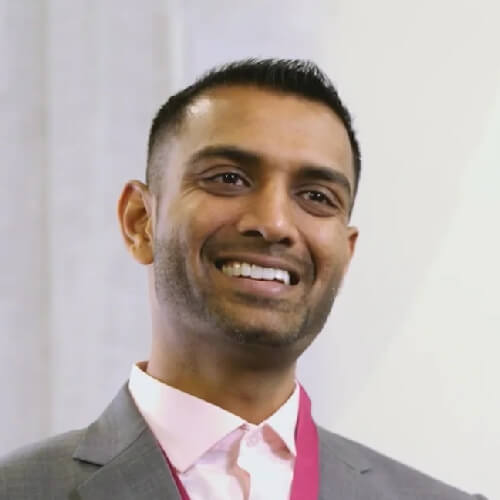
In high school, Chirag started an “Eco Club” at Jarvis Collegiate Institute, Canada.
- After realizing that his school did not have a recycling system, Chirag and his classmates decided to implement recycling system at his school by placing different colored recycling bins beside the garbage bins on each floor so that plastic, metal, and paper waste could be properly segregated and recycled.
Hetal
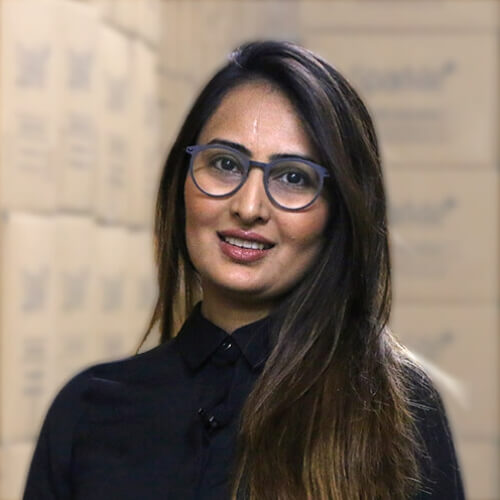
In high school, Hetal experienced stigma surrounding menstruation.
- One of her closest friends at school was not even allowed to enter the kitchen during her period.
- Whenever she bought sanitary napkins at a shop, they were always handed to her concealed in a newspaper or in a black polythene bag.
1992
Chirag

They grew up in the same city, went to the same school, and were in the same class for over 10 years.
Hetal

Both co-founders met each other in kindergarten when they were 5 years old.
